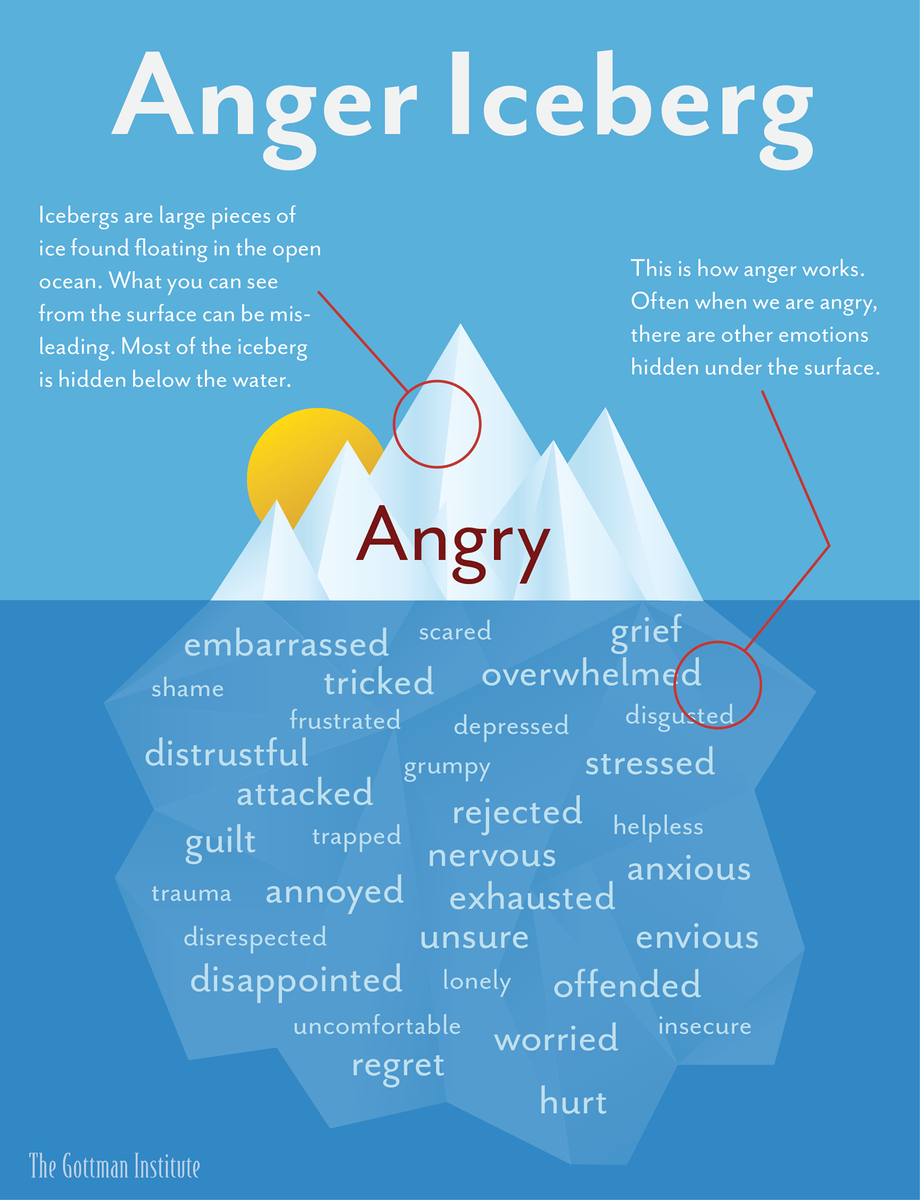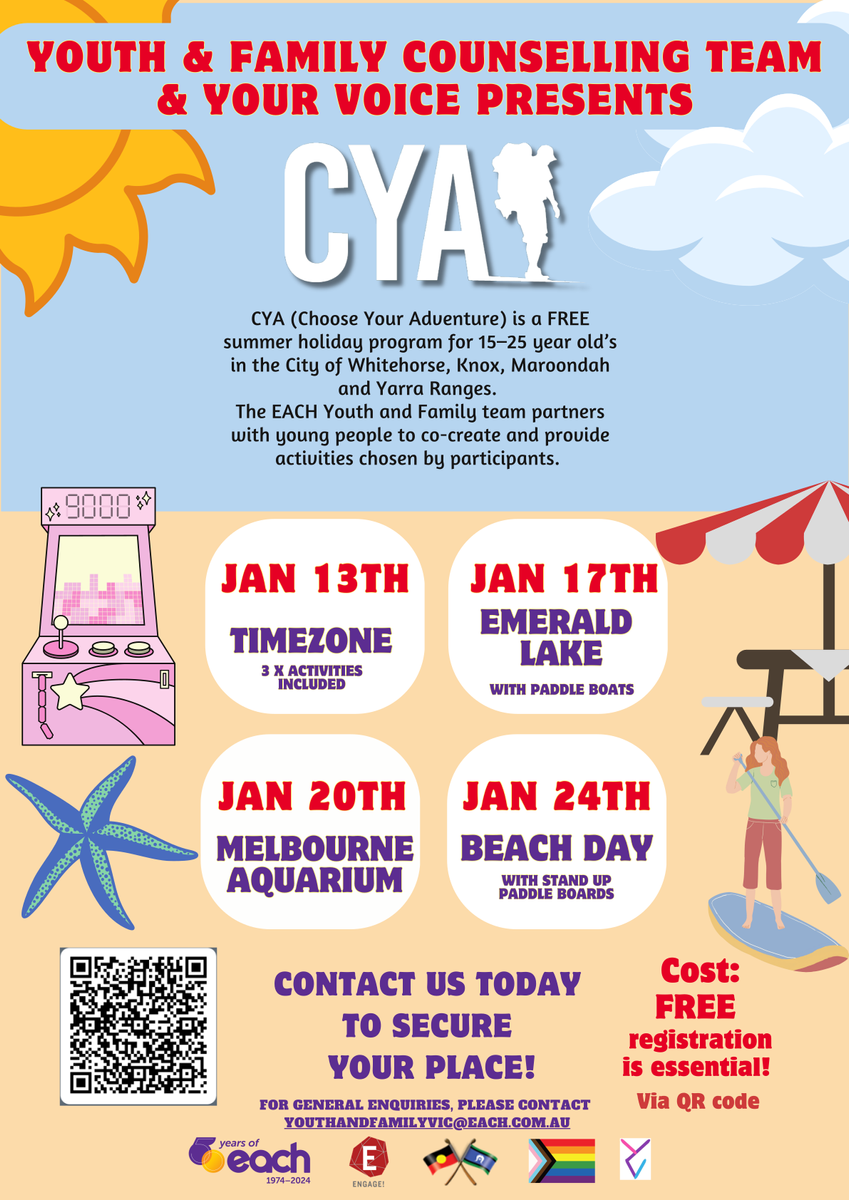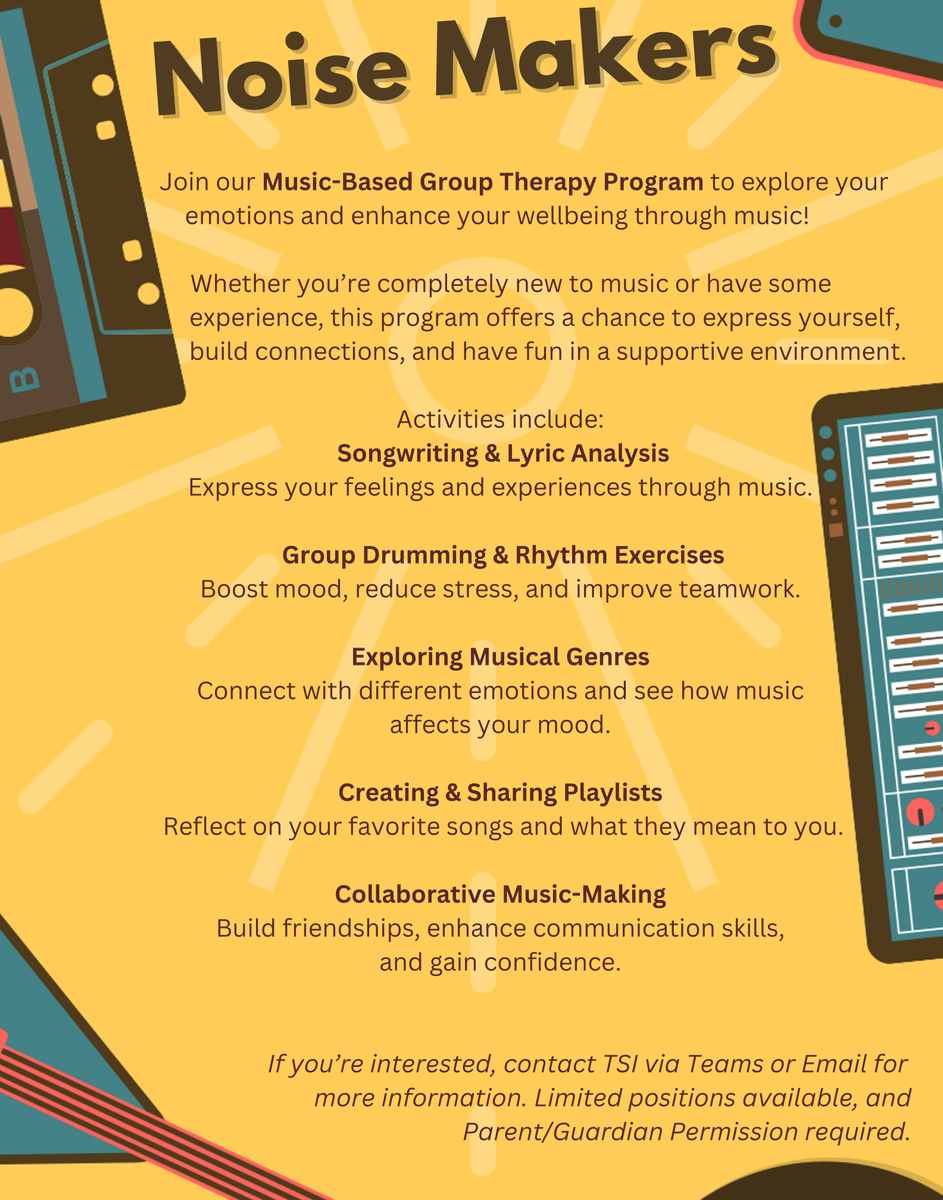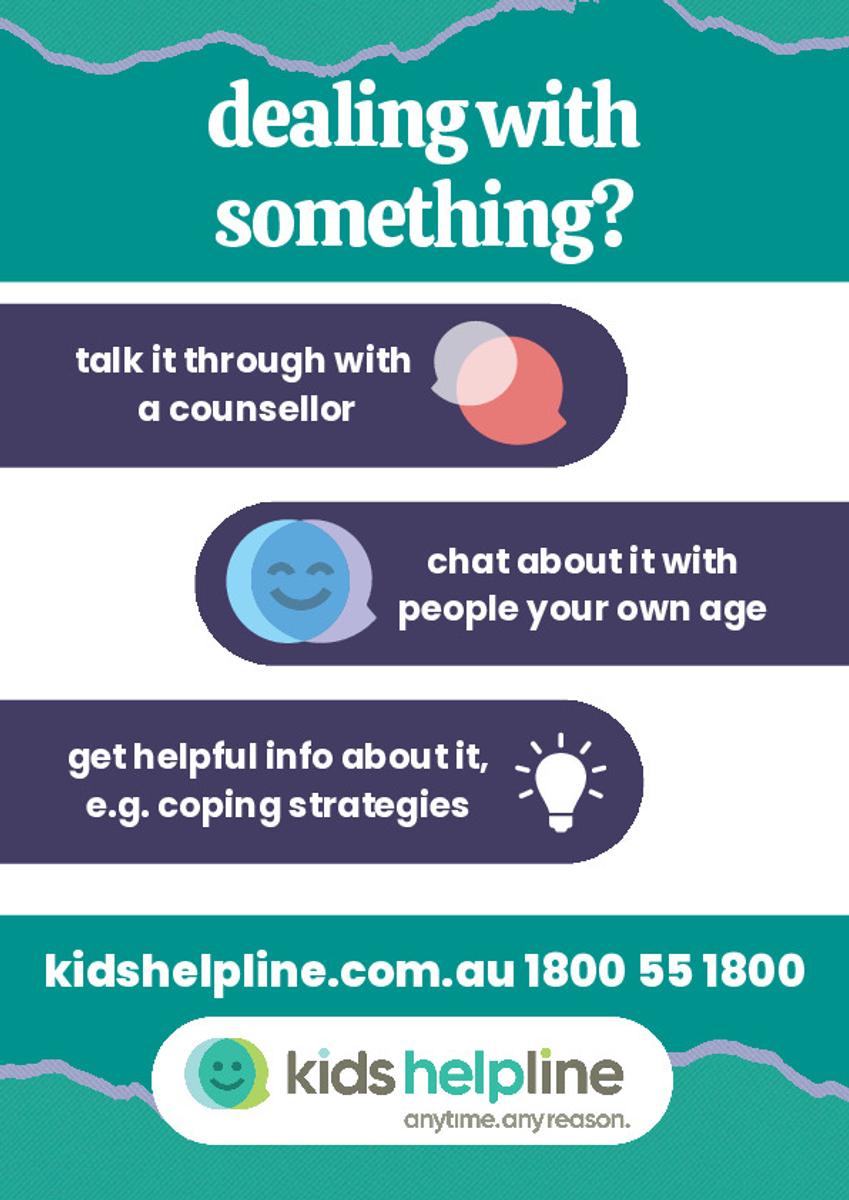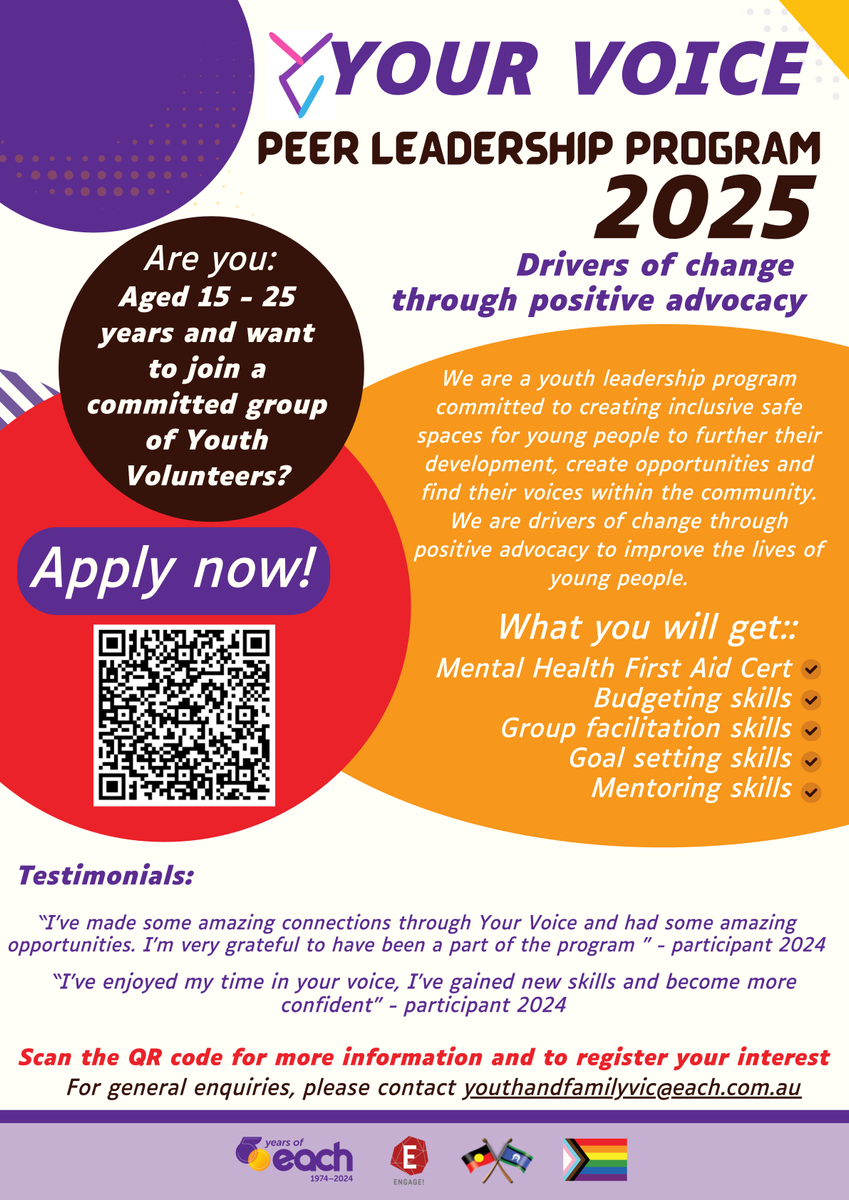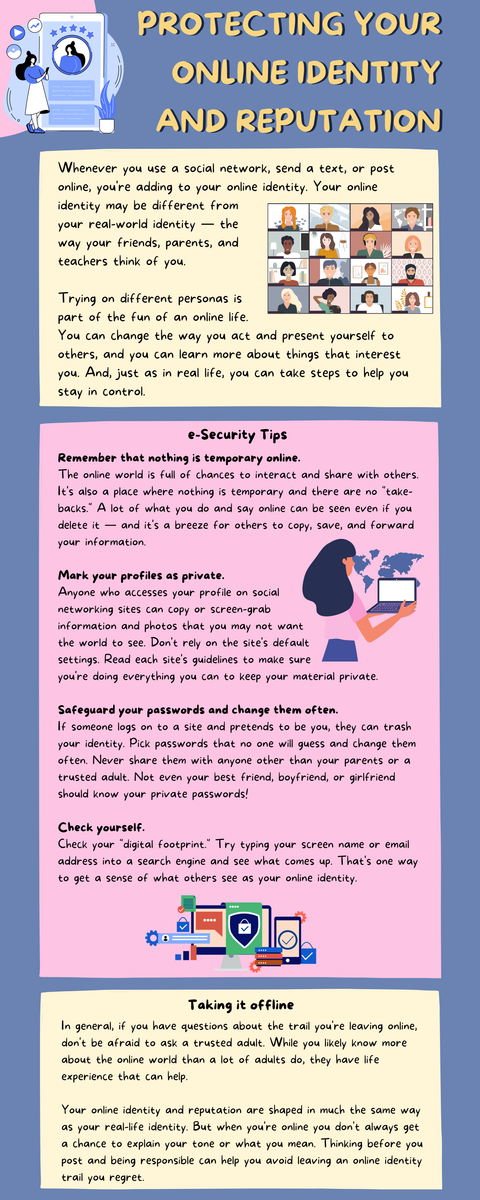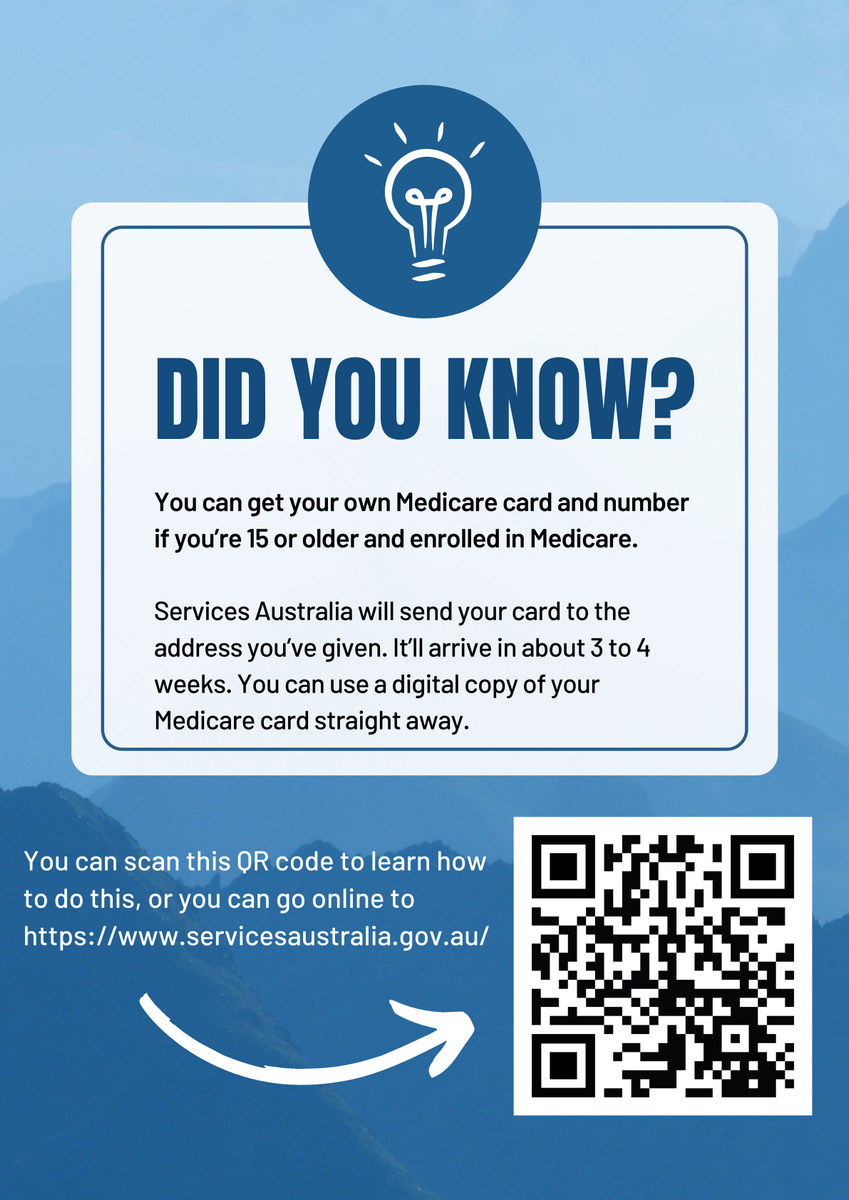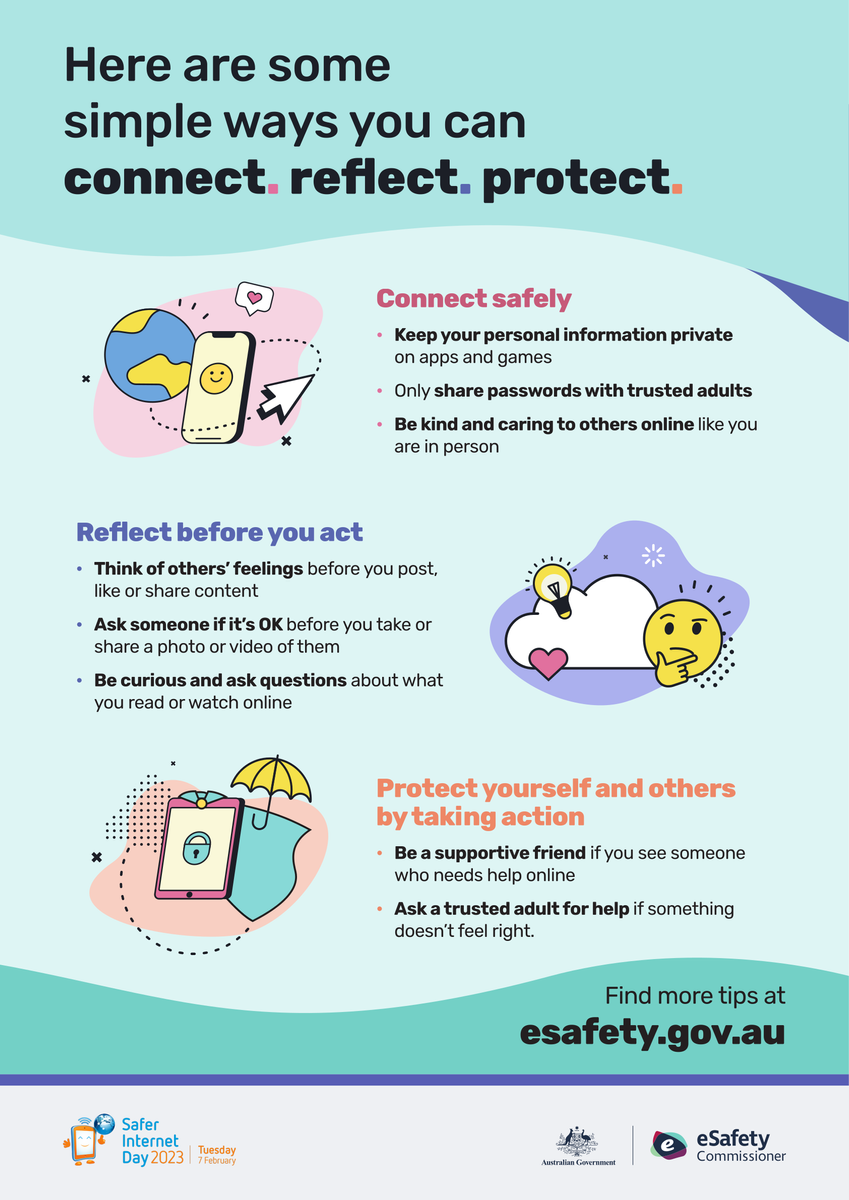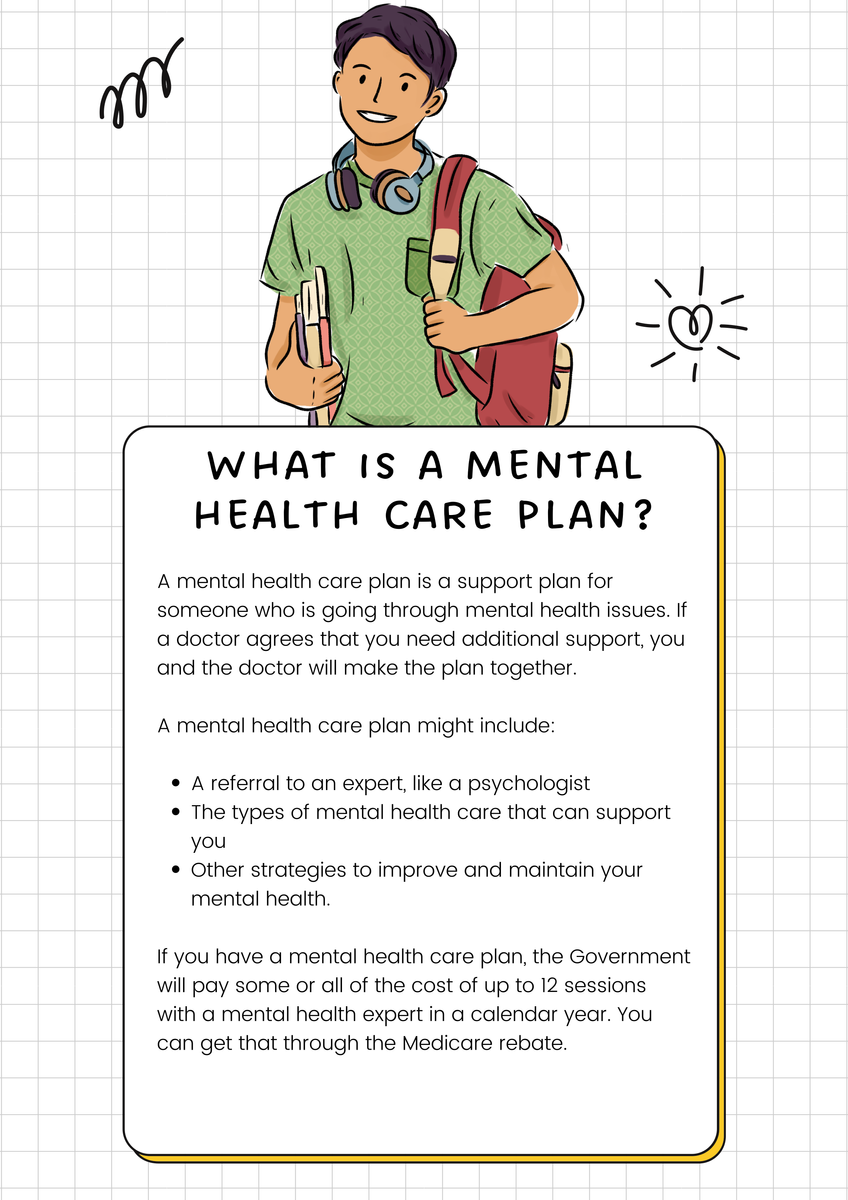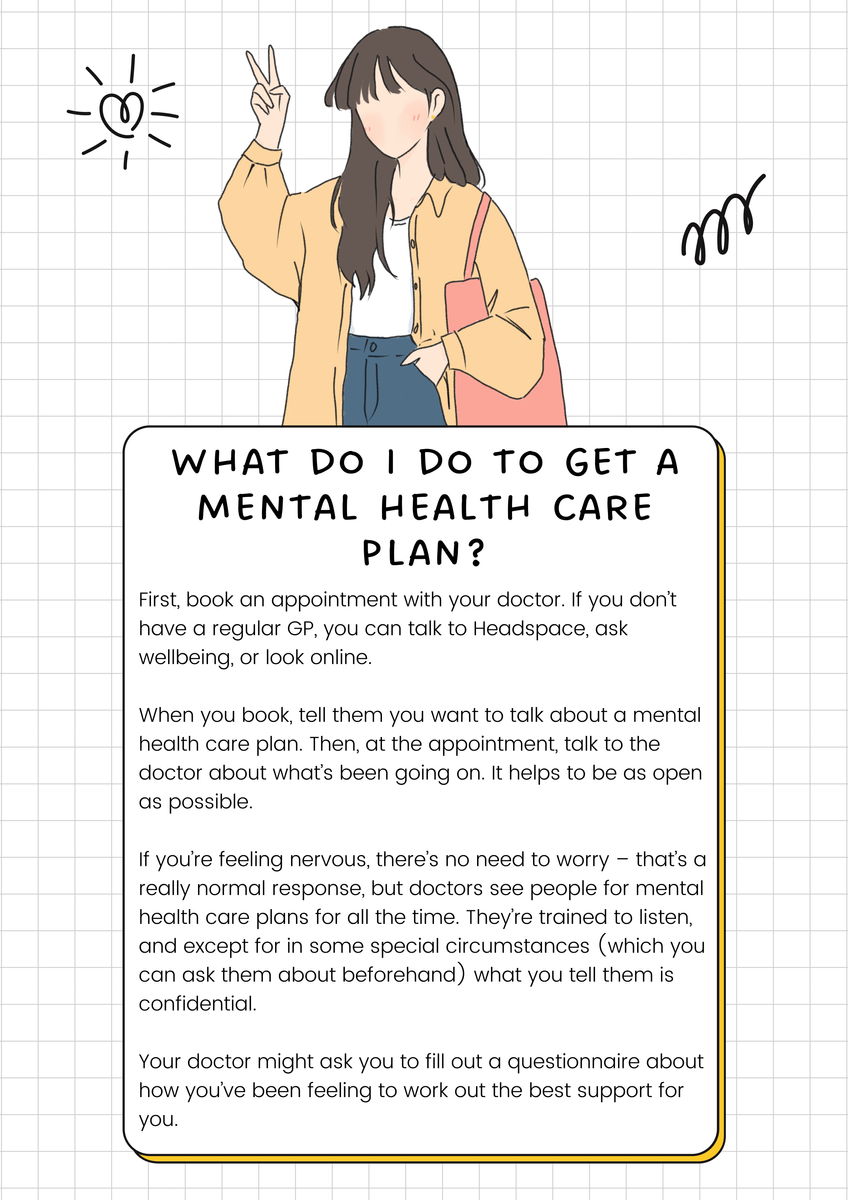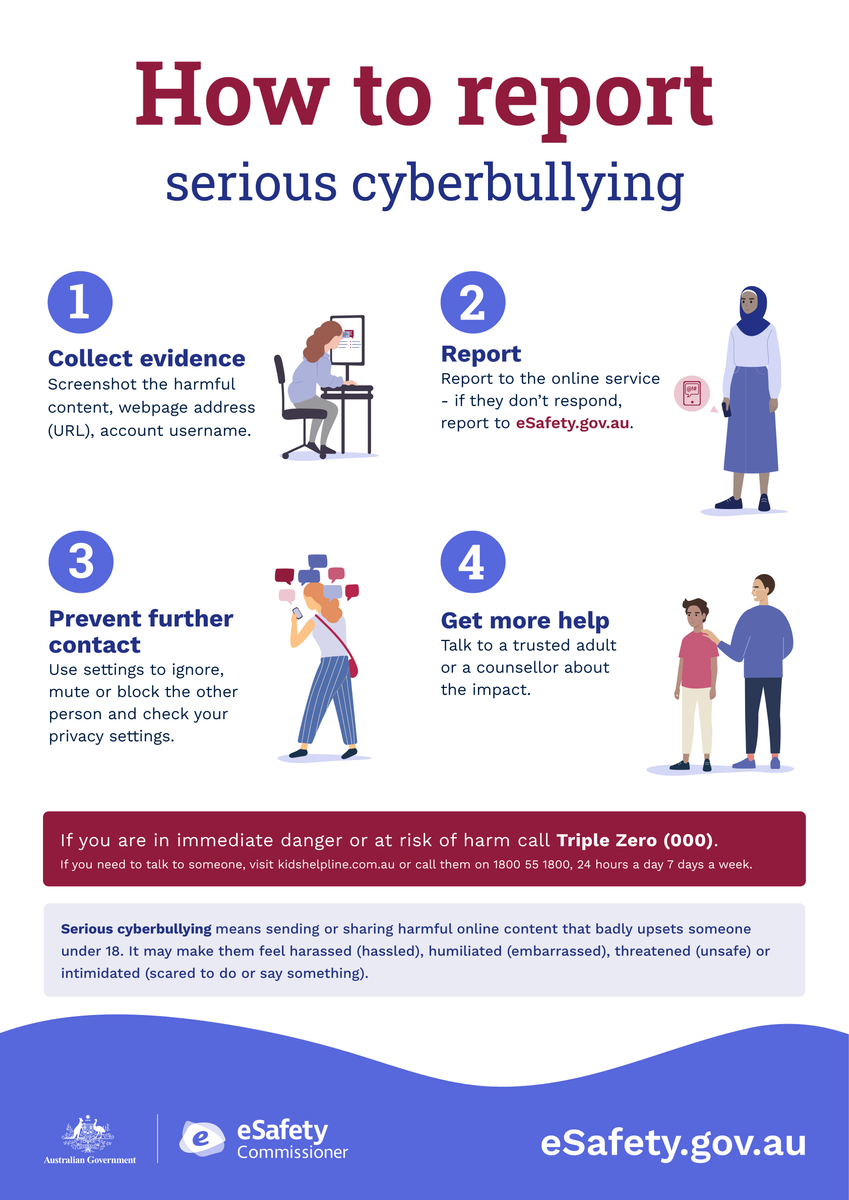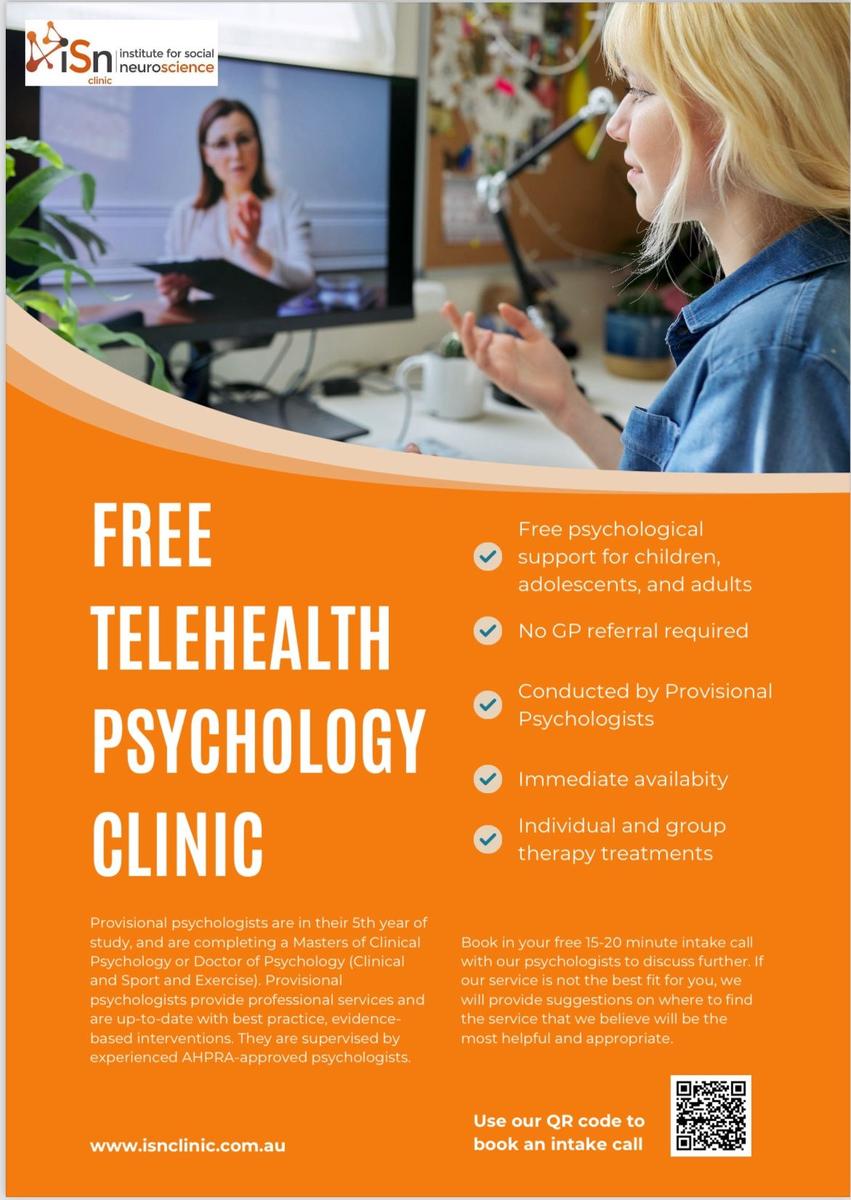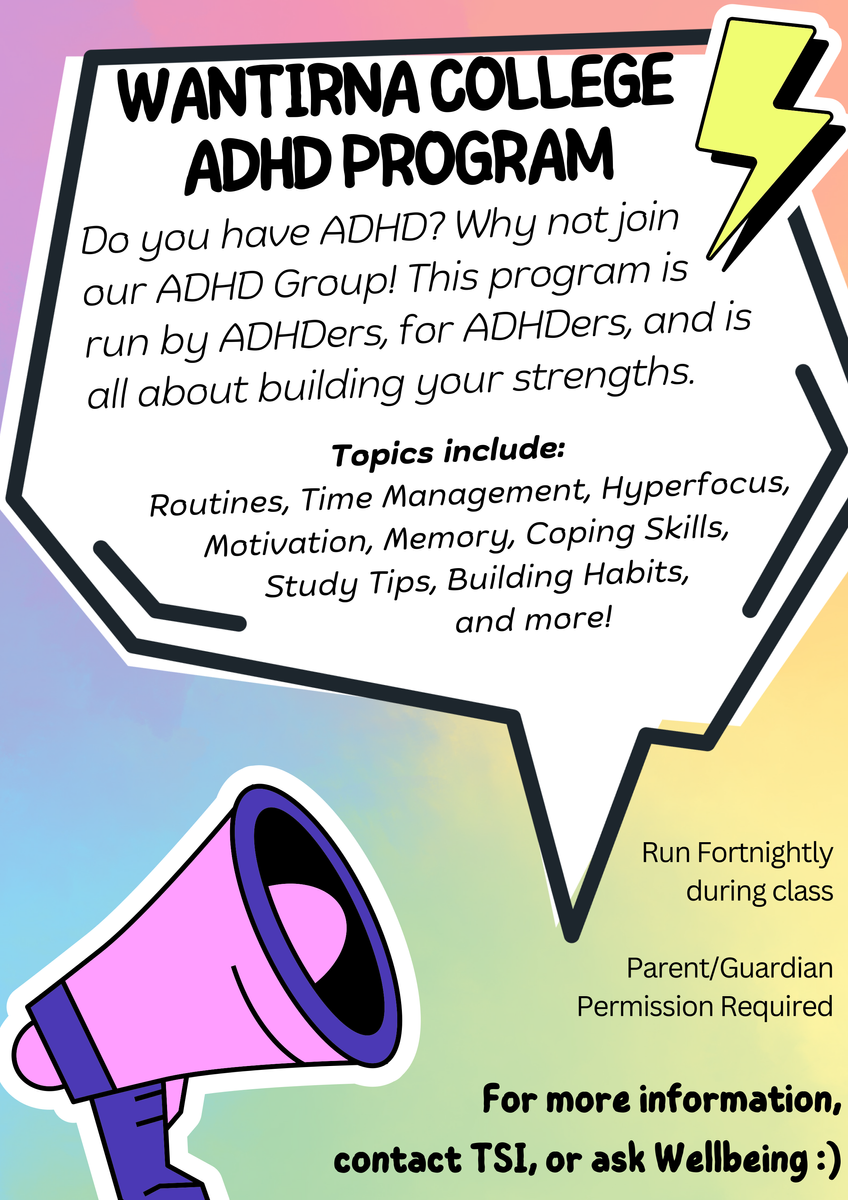Student Wellbeing
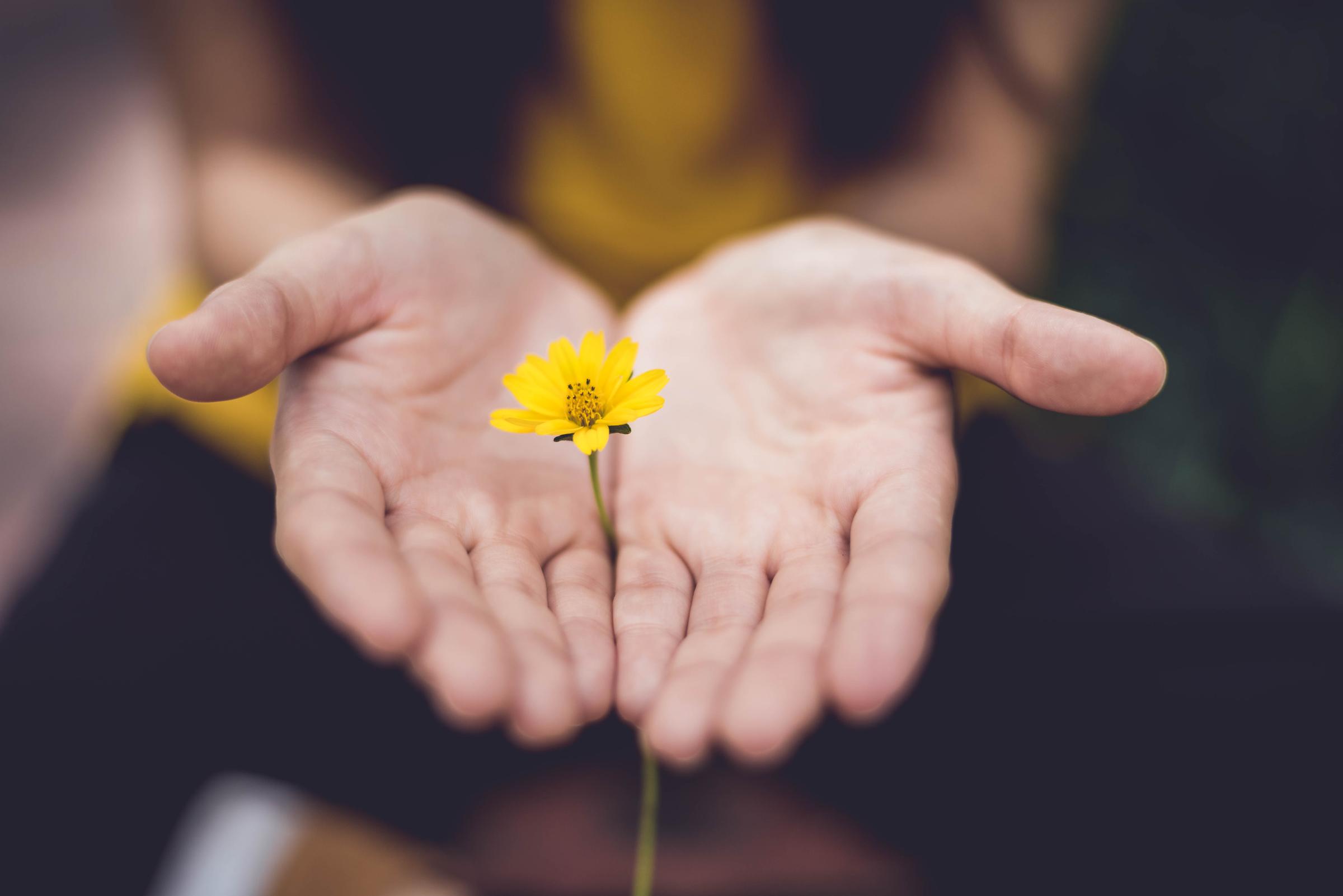
Let’s Talk About Anger
Anger is a totally normal emotion, especially during your teenage years. While it can feel overwhelming, it’s important to know that anger isn’t a bad thing. In fact, when you explore it, anger can be a powerful tool for personal growth and building better relationships.
The Connection Between Shame and Anger
A lot of people feel ashamed when they get angry, thinking they shouldn’t feel that way. This shame can create frustration and make it hard to express what you’re really feeling. Instead of seeing anger as a negative emotion, think of it as a signal for change. Anger often pops up when our needs aren’t being met or our boundaries are crossed. Here’s how embracing your anger can help you grow:
Identify Your Triggers: Figuring out what makes you angry can reveal your values and boundaries.
Express Yourself: Learning to express anger in a healthy way improves your relationships. Open communication leads to more honest connections.
Motivation for Change: Anger can inspire you to take action, whether it’s standing up for yourself or fighting against injustice.
Build Empathy: Understanding your anger can help you empathize with others, making it easier to handle conflicts.
Coping with Anger
So, how do you get to this point? It starts with learning to cope with your anger. Here are some strategies to try:
Acknowledge Your Feelings: It’s okay to feel angry. Recognizing and naming your anger is the first step in managing it. Don’t push it down—let yourself experience the emotion.
Identify Triggers: Keep a journal to track what makes you angry. Understanding your triggers helps you manage your reactions better.
Pause Before Reacting: When anger starts to bubble up, take a moment to breathe deeply. Count to ten or step away to give yourself time to cool down.
Channel Your Energy: Find healthy outlets for your anger, like exercising, creating art, playing music, writing, or talking it out with someone you trust.
Set Healthy Boundaries: If certain situations or people consistently trigger your anger, consider setting boundaries and speaking up for yourself respectfully.
Reflect and Learn: After experiencing anger, take some time to think about the situation. What could you do differently next time? This reflection helps you grow emotionally.
When to Seek Help
If anger feels overwhelming or leads to destructive behaviour, it’s important to reach out for help. Talk to a trusted adult, school counsellor, or mental health professional who can support you in finding healthier ways to cope.
Remember, anger is a part of life, but it doesn’t have to control you. By understanding your triggers and using effective coping strategies, you can turn anger into a tool for self-discovery and personal growth. So, when anger comes up, take a deep breath, pause for a moment, and remind yourself that you have the power to direct that energy positively. You’ve got this!
Talea-Jane Simpson
Acting Leader of Wellbeing
tsi@wantirnacollege.vic.edu.au
Youth Support Services
headspace: visit headspace.org.au to find your nearest centre or call headspace on
1800 650 890.
Kids Helpline:
1800 55 1800 or kidshelpline.com.au
ReachOut: reachout.com.au
SANE Australia: 1800 187 263 or sane.org
National 24/7 crisis services
Lifeline:13 11 14 or lifeline.org.au
EACH Community Health: 1300 003 224
Knox Youth Services: 9298 8469
Suicide Call Back Service: 1300 659 467 or suicidecallbackservice.org.au
beyondblue:
1300 224 636 or beyondblue.org.au
Student Wellbeing Team
Email: wellbeing@wantirnacollege.vic.edu.au
Talea-Jane Simpson – Acting Wellbeing Leader
Courtney Moran – Acting Wellbeing Leader
Guiseppe Relia – Wellbeing Coordinator
Sanela Avdic - Wellbeing Counsellor
Tajinder Wulff - Mental Health Practitioner
Katrina Gyngell - Mental Health Practitioner

